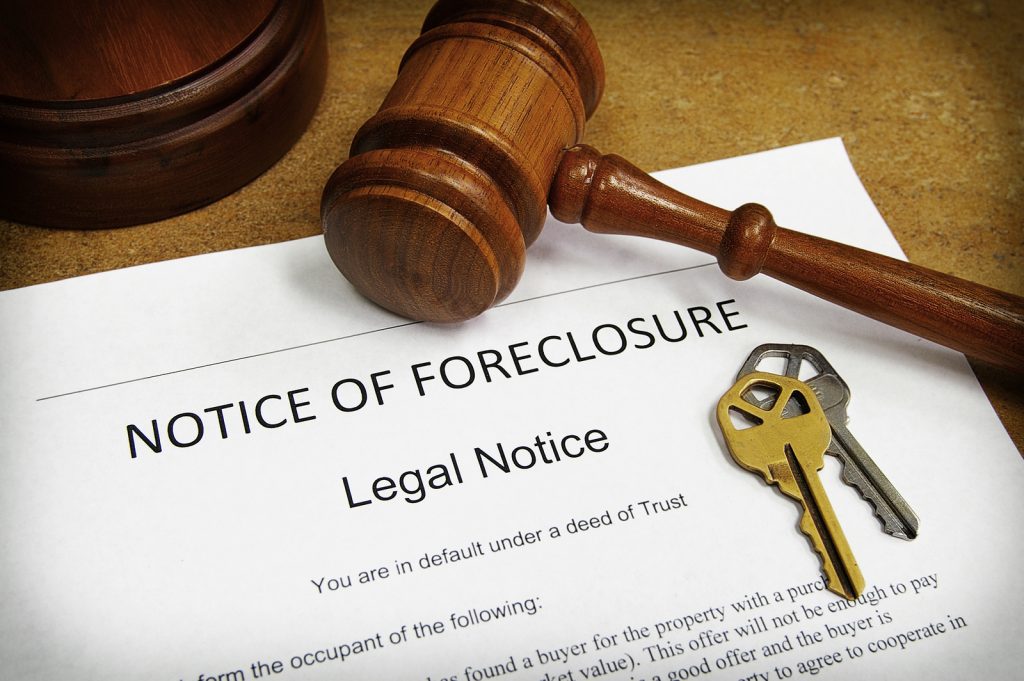
If you have fallen behind on your mortgage and are facing the prospect of foreclosure, this blog can help you decide on strategies to save your home. Depending on your situation, a loan modification may be available through your bank or the federal government. However, using a loan modification to prevent foreclosure can be a risky choice.
To be eligible for a loan modification, you generally have to be behind on your mortgage. Some people intentionally stop paying their mortgages to become eligible. In other cases, your lender may request lower payments (also called trial payments) while they determine your eligibility. These are partial payments and may not meet the minimum obligation on your mortgage.
If your request for a loan modification is denied, your mortgage may be put in arrears and you may owe late fees for missed or partial payments. Having your loan modification request denied means you may suddenly owe thousands of dollars to be paid to your lender in full. Not only that, but your lender may report you to credit agencies. This means other lenders, such as for credit cards, may jack up your interest rates and slash your spending limits.
On the other hand, your loan modification could be approved and your home may be saved from foreclosure. Your monthly mortgage payments will be lower, but you could end up paying more in the long run due to interest and added fees. Any forgiven portion of your principal balance is also considered taxable income by the IRS.
Fortunately, there are other options aside from loan modification. For some people, filing for Chapter 13 may be the less risky solution for preventing foreclosure.
Can Chapter 13 Bankruptcy Stop Foreclosure?
Chapter 13 bankruptcy can not only stop your home from going into foreclosure, it has other benefits as well.
Automatic stay: After filing for bankruptcy, an automatic stay is placed. Automatic stays halt most collection attempts, including foreclosure.
Lien stripping: You may also be able to strip off a second mortgage. If your first mortgage is worth more than the value of your house, you may qualify for a Chapter 13 lien strip. For example, if your house is worth $500,000 and your mortgage is worth $600,000, you may be able to have the lien essentially voided and the debt treated as an unsecured one. This means no more second mortgage payment!
Lower monthly payments: Chapter 13 bankruptcy may reduce monthly payments on your mortgage, car loans and other cumbersome debts. If you complete your Chapter 13 plan, some of these debts will be discharged, allowing you to free up money to repair your finances. Debts discharged in bankruptcy are not considered taxable income by the IRS.
Bankruptcy gets a bad rap for illogical reasons. People suggest that bankruptcy can permanently damage your credit score. There is no such thing as a ‘permanent credit score’. Additionally, if you are being hammered by past due credit card debts, medical bills and mortgage payments, bankruptcy may be your only and best choice.
The Kansas City bankruptcy attorneys at The Sader Law Firm offer services for both loan modification and bankruptcy. Our attorneys can help you make the best choice.
 Book an
Book an Email
Email Directions
Directions







